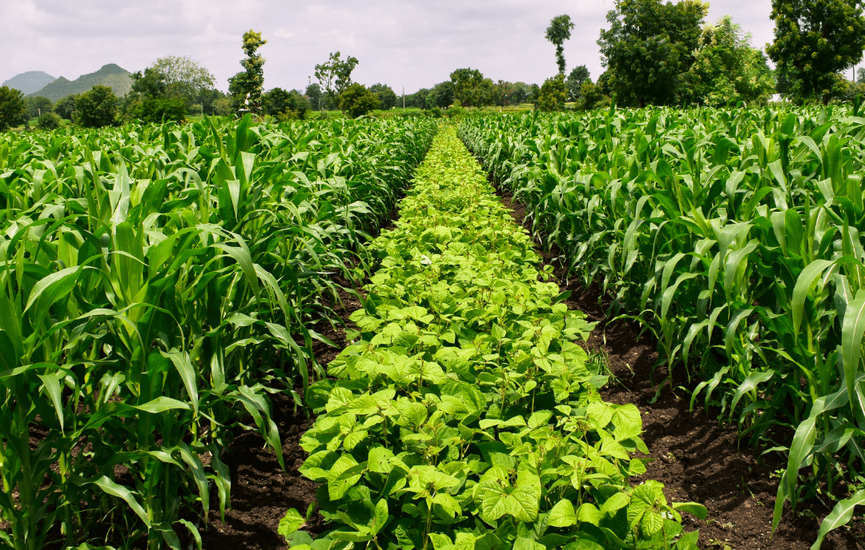Morocco’s evolving agricultural exports, particularly in the context of crop rotation practices, underscore the deepening relationship between Morocco and the European Union (EU). This shifting agricultural landscape highlights Morocco’s role as a key supplier of fresh produce to Europe, fostering economic and trade ties while also addressing sustainability and agricultural resilience.
Agricultural Evolution and EU Demand
Morocco has increasingly diversified its agricultural exports, adapting to market demands and climate conditions. By adopting crop rotation strategies, which include the alternating planting of different crops, Morocco has improved soil health, increased yields, and maintained its position as a leading supplier of fruits and vegetables to European markets.
This rotation system also helps manage water usage and reduce the dependency on single-crop farming, which is especially important in regions with limited water resources like Morocco. As a result, Moroccan farmers are able to maintain steady supply chains to meet the EU’s demand for fresh produce, such as tomatoes, citrus fruits, and other vegetables.
Morocco as a Strategic Partner
The EU has long recognized Morocco’s strategic importance, both as a key supplier of agricultural products and as a partner in addressing broader issues like food security and climate change. With the implementation of the EU-Morocco Association Agreement, which includes provisions for agricultural trade, Morocco has solidified its position as a crucial player in European food supply chains.
In return, Morocco benefits from tariff reductions and preferential access to the vast EU market. This reciprocal relationship has helped Morocco diversify its agricultural sector, invest in sustainable practices, and expand its exports beyond traditional products.
Sustainability and the Future of Morocco-EU Agricultural Relations
The shift in Morocco’s agricultural strategy, including crop rotation, also aligns with growing EU expectations for sustainable farming practices. As the EU pushes for more sustainable and eco-friendly agricultural methods, Morocco’s investment in sustainable practices enhances its competitiveness in European markets, particularly as consumers increasingly demand organic and sustainably grown produce.
The evolving nature of Morocco’s agricultural exports, driven by innovations in farming techniques and crop rotation practices, will continue to play a significant role in shaping the dynamic Morocco-EU relationship, ensuring mutual benefit for years to come.
